
UK food and drink exports in the first quarter of the year have dropped more than 20% compared with the same three-month period in 2023, according to the FDF’s latest trade snapshot report.
This represents the lowest Q1 volume in the past 15 years, barring an “exceptional” period in 2021, at the height of the Covid-19 pandemic.
The total export value of food and drink from January to March 2024 also fell 5.3% to £5.7bn when compared with last year.
Exports to the EU saw the biggest drop, down 5.8% from £3.5bn to £3.3bn. The value decline was driven by “several significant EU markets”, the FDF said, including Spain and the Netherlands.
Ireland, which continues to be the UK’s largest export market, also saw a decrease of 3.5% to £1bn.
Incoming ‘Not for EU’ labelling rules, which will force British exporters to have two separate labelling lines for UK and EU, would “further impact exports to our largest partners amongst a backdrop of inflationary pressures”, the trade association warned.
Read more: Why are key British food exports in such steep decline?
“Trade in food and drink plays a critical role in the UK’s food supply resilience and the industry contributes billions to the UK economy,” said Balwinder Dhoot, FDF director of industrial growth and sustainability. “Our analysis is concerning, with food export volumes seeing a significant decline by over a fifth on the year.
“The next government must help unlock the full competitive trade potential of the UK’s largest manufacturing sector by delivering a trade strategy that builds business confidence and provides greater support for exporters to arrest this decline.”
Meanwhile, imports of beef, pork and poultry all dropped due to post-Brexit red tape introduced in January this year, the FDF noted.
Under the government’s new Border Target Operating Model, medium-risk goods from the EU such as meat and dairy now require export health certificates, which has led to increased costs and bureaucracy for traders.
Overall, food import volumes increased by over 7% on the year, and import values increased by 0.4% to £14.8bn.
The trade group expects imports to be further affected by the second phase of the Brexit border strategy, which took effect at the end of April and introduced new checks and fees.
Traders have repeatedly warned the new border controls would result in costs of upwards of millions of pounds a year, driving food inflation for consumers.
The FDF also called for improved support for small and medium-sized businesses, which are more vulnerable to the challenges posed by new costs and processes.







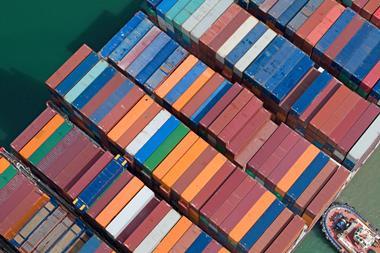
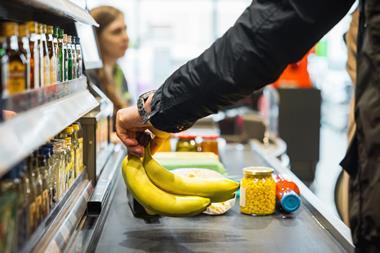


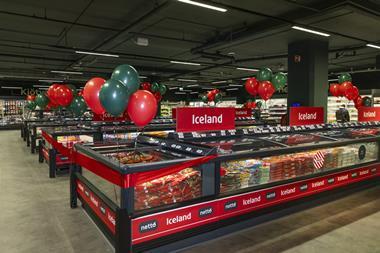

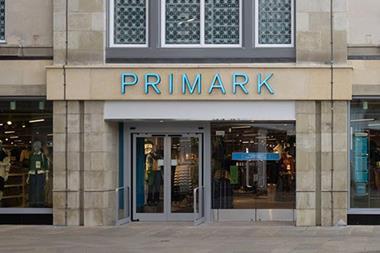
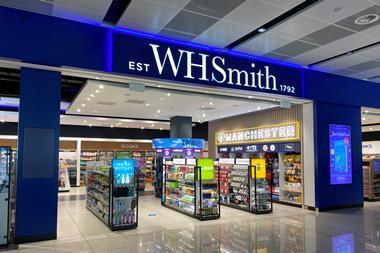




No comments yet